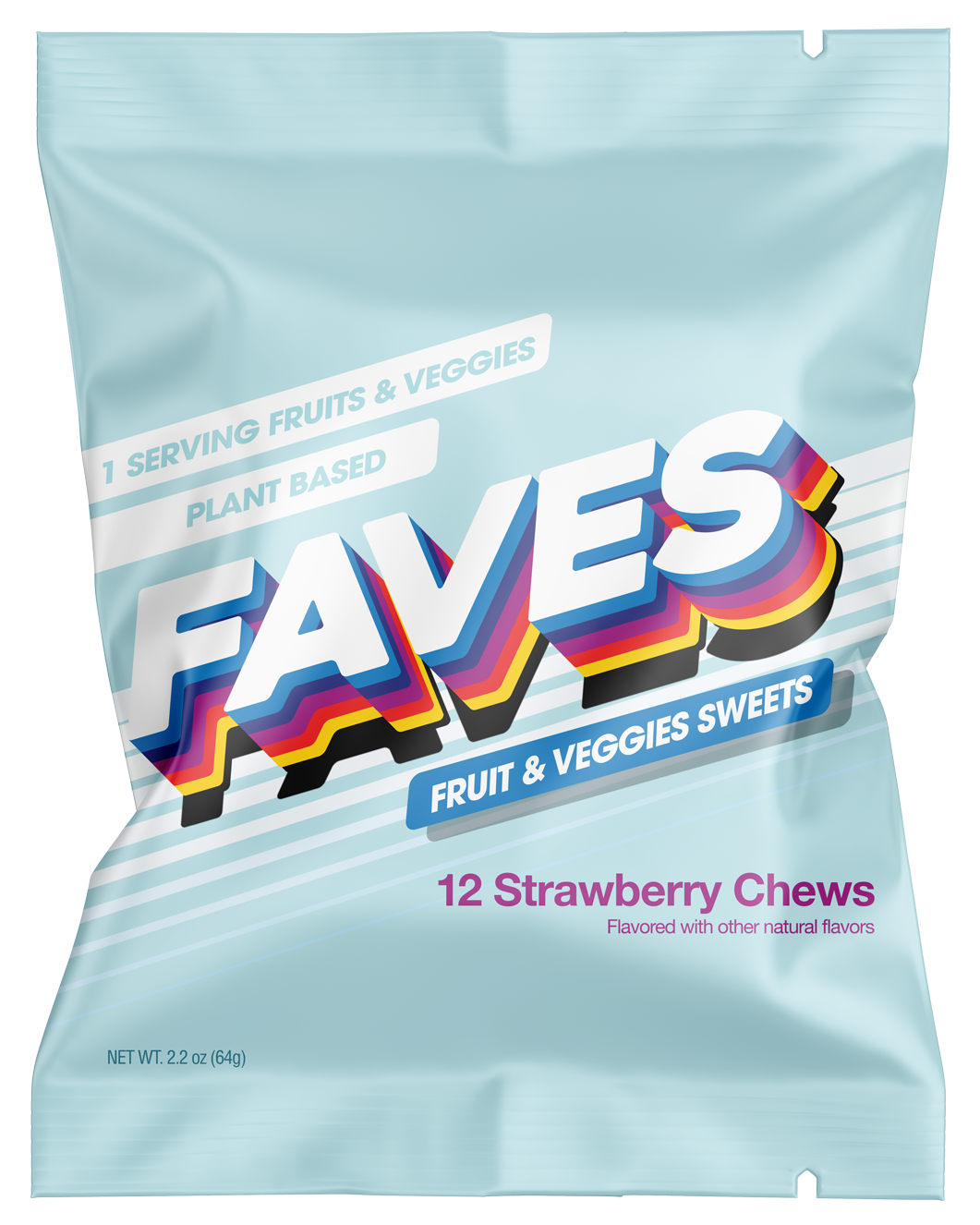Free Shipping on all US orders! 🎉🎉🎉
One of the best ways you can stay happy and healthy is by having good nutrition. The food we eat can have short and long-term effects on how we think, feel, and behave in day-to-day life – and this is especially true for children. As they develop, children’s bodies and minds extra sensitive to the foods they are eating (and the foods they are leaving out). With a child’s nutrition being so important for their health, it can be shocking to find out how many aren’t getting the nutrients they need. A national survey done by NYU in 2017 found that many kids go days without ever eating a vegetable (1). Fresh fruits and veggies are some of the most nutrient-dense foods we can eat, offering key vitamins, minerals, and dietary fiber. Luckily, recent experiments in schools across the US have found a surprisingly great way to combat this issue – gardening!

Many schools across the country have begun building school gardens. They are created and maintained by their staff and students. Not only does this get kids outdoors and more active than they were before, but it also serves as a great way to educate students! By helping maintain school gardens, students learn about the life cycles of different plants, how to care for fruits and vegetables, and garden ecosystems at large. While the physical activity that goes into gardening is great for their health, the benefits go beyond what anybody expected when these projects began.

Studies done about students that participated in school gardening programs show that the those involved have a positive shift in their diet. A study done in the UK found that kids that choose to participate in their school’s gardening program began eating up to 26% more fruits and vegetables (2). Schools across the United States have found similar results, especially for communities found in food deserts, where there is limited to no access to fresh fruits and veggies in local stores (3). What’s even more exciting is that they have found these lifestyle changes remain, even years after the children help tend their school gardens. Meaning they are forming lifelong healthy habits!
Getting involved in school gardens helps kids build lifelong healthy eating habits in a few different ways. According to the Western Growing Foundation (an organization responsible for helping start over 100 school gardens across the US), these gardens help bridge the gap in a child’s understanding of the food they eat and where it comes from (3). With modern technology, transportation, and other advancements in our food systems, there is often a disconnect in where children think their food comes from. A UK study even found that over ⅓ of elementary students think that cheese comes from plants (4)! School gardens also help introduce kids to new foods that they may not be exposed to at home. This exposure helps them feel more comfortable eating fruits and vegetables that they may have turned away in the past. Not only this, but the individuals participating in these gardens usually feel proud of their hard work and more rooted in their local community – both foster positive feelings around the fresh foods they helped produce!

These gardens not only help build healthy eating habits for the children that participate in building them, but they impact students in ways beyond nutrition alone. Teachers with students working in school gardens, on average, see a 12 -15% increase in standardized test scores (5). They also reported about 94% increase in engagement with daily class learning activities. The schools working with the Western Growing Foundation even reported decreased teacher turnover after gardens were introduced to their schools!

If you struggle to get your kid to eat more fruits and veggies, then getting them involved in a local garden might be a great way to get started! If your child doesn’t have a garden at school, there are lots of fun ways you can garden from home. Take your kids on a trip to your local gardening store – all you need is a pot, seeds, and some soil, and you are on your way! There are even indoor herb gardens you can buy if you are tight on space. You can help teach your kid more about how food is produced, get them involved in preparing food for the family, and it is a great way to spend more quality time with them!
